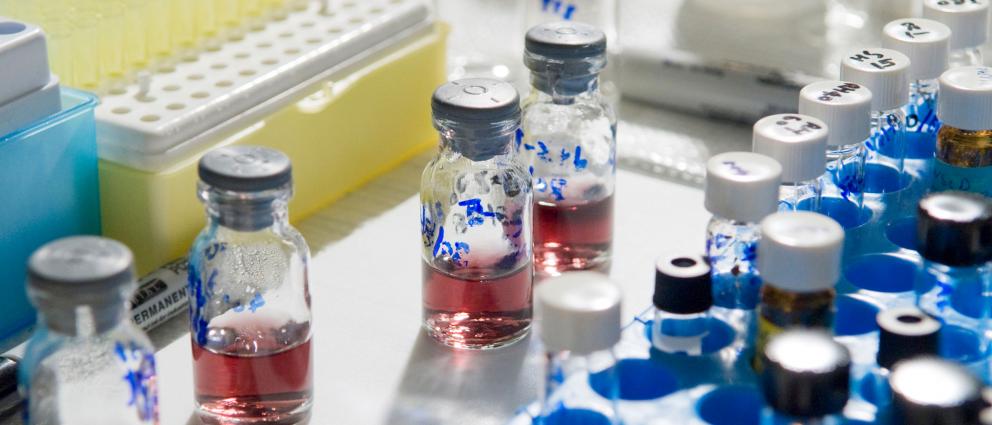Research Overview—
Teruna Siahaan's research interests are in the utilization and modulation of cell adhesion molecules on the cell surface for targeted drug delivery to a specific cell type and for enhancing drug permeation through the intestinal mucosa and blood-brain barrier (BBB). His group is using E-cadherin peptides to enhance permeation of large hydrophilic molecules (i.e., peptides and proteins) through the intestinal mucosa and BBB. The hypothesis is that E-cadherin peptides modulate the E-cadherin interactions at the intercellular junctions to create larger openings that will allow paracellular permeation of large hydrophilic molecules (e.g., peptides and proteins). His group is also using peptides derived from cell adhesion molecules (i.e., ICAM-1 and LFA-1) to target drugs to leukocytes and vascular endothelial cells in inflammatory and autoimmune diseases (i.e., rheumatoid arthritis). Cell adhesion peptides are being used to target antigenic peptides (i.e., bi-functional peptide inhibitor (BPI)) to block the formation of the immunological synapse at the interface between T cells and antigen presenting cells (APC). BPI molecules have been shown to suppress autoimmune disease models such as multiple sclerosis, type-1 diabetes and rheumatoid arthritis.

